I'm afraid I'm a fasting failure.
Reading Thompson's chapter made me so hungry that I started googling Shepherd's Pie recipes. Leftover mashed potatoes and browned ground beef are in the fridge and fairly screaming to be made into Shepherd's Pie, and just reading about fasting was whetting my appetite. Fasting does not come naturally to me.
On top of that, I don't know about you, but I have spent lots more time in the kitchen since stay-at-home orders began. A church friend shared bread starter shortly before the novel coronavirus, and I now have two jars of the magical concoction bubbling away in the fridge so I can bake roughly every 3 days. We've tried bread (obviously), but also soft rolls, crispy crackers and dimply focaccia, each a bread variation with different ingredients and methods.
Furthermore, coronavirus means we eat in more than out - a reversal of our norm. I've baked quiche three times since isolation started – with two of those times being on Sunday mornings (!) – and my piecrust has grown from awful to, well, passable. I've also been scouring the internet for ways to use up pantry items in order to reduce grocery trips. (Note: pudding made from hot chocolate mix freezes into some really tasty fudgesicles!)
It's been a veritable food explosion at our house and Thompson wants me to think about fasting? As I read this chapter, though, and as we continue to navigate covid-19 induced isolation, maybe this practice of self-emptying deserves a second look.
>Pause and consider: what are you missing in this time of social isolation? What new practices or activities have you taken up?
Reading Thompson's chapter made me so hungry that I started googling Shepherd's Pie recipes. Leftover mashed potatoes and browned ground beef are in the fridge and fairly screaming to be made into Shepherd's Pie, and just reading about fasting was whetting my appetite. Fasting does not come naturally to me.
On top of that, I don't know about you, but I have spent lots more time in the kitchen since stay-at-home orders began. A church friend shared bread starter shortly before the novel coronavirus, and I now have two jars of the magical concoction bubbling away in the fridge so I can bake roughly every 3 days. We've tried bread (obviously), but also soft rolls, crispy crackers and dimply focaccia, each a bread variation with different ingredients and methods.
Furthermore, coronavirus means we eat in more than out - a reversal of our norm. I've baked quiche three times since isolation started – with two of those times being on Sunday mornings (!) – and my piecrust has grown from awful to, well, passable. I've also been scouring the internet for ways to use up pantry items in order to reduce grocery trips. (Note: pudding made from hot chocolate mix freezes into some really tasty fudgesicles!)
It's been a veritable food explosion at our house and Thompson wants me to think about fasting? As I read this chapter, though, and as we continue to navigate covid-19 induced isolation, maybe this practice of self-emptying deserves a second look.
>Pause and consider: what are you missing in this time of social isolation? What new practices or activities have you taken up?
So, stay-at-home orders have been a sort of imposed fast. In a literal way, there are items I'm used to picking up on a whim that simply are not so readily available. (Have you looked for Lysol? Disinfecting wipes? Dare I say toilet paper?) I was talking with a church member just today about how plans for supper evolve based on whether or not key ingredients are even in the store, let alone whether or not they are on sale this week. Coronavirus is setting limits on what grocery items are available to us.
Then there's making do with what I have simply because I don't want to make a trip to the store. Sometimes that's because I don't want to change out of my 'at home' uniform. Sometimes it's because I'm feeling anxious about social contact. And sometimes I don't want to make that trip because I've not been wise enough with my time management to be able to spare the 30 or 40 minutes away. Do you see how this is a kind of second tier of limits thanks to coronavirus?
More figuratively, we've had to refrain from lots of things that we might be doing. Unless you play tennis or golf, perhaps you've been forced into a sports fast. If you typically go to movie theaters, visit the manicurist or attend parties, you've been involuntarily subjected to fasting from those activities.
The point is this: Fasting is about more than food. It “has to do with the critical dynamic of accepting those limits that are life-restoring.” (p 85) (Please note: I’m not saying that coronavirus has challenged us with limits that are particularly ‘life-restoring,’ just that coronavirus is forcing us to practice a sort of fast. That said, I wonder if some of coronavirus' imposed limits are life-restoring?)
Thompson again: “Our culture would seduce us into believing that we can have it all, do it all, and (even more preposterous!) that we deserve it all. Yet in refusing to accept limits on our consumption or activity, we perpetuate a death-dealing dynamic in the world. That is why the discipline of fasting is so profoundly important today.” (pp. 85-86)
>Pause to consider: What ‘consumption or activity’ are you most prone to want without limit?
Then there's making do with what I have simply because I don't want to make a trip to the store. Sometimes that's because I don't want to change out of my 'at home' uniform. Sometimes it's because I'm feeling anxious about social contact. And sometimes I don't want to make that trip because I've not been wise enough with my time management to be able to spare the 30 or 40 minutes away. Do you see how this is a kind of second tier of limits thanks to coronavirus?
More figuratively, we've had to refrain from lots of things that we might be doing. Unless you play tennis or golf, perhaps you've been forced into a sports fast. If you typically go to movie theaters, visit the manicurist or attend parties, you've been involuntarily subjected to fasting from those activities.
The point is this: Fasting is about more than food. It “has to do with the critical dynamic of accepting those limits that are life-restoring.” (p 85) (Please note: I’m not saying that coronavirus has challenged us with limits that are particularly ‘life-restoring,’ just that coronavirus is forcing us to practice a sort of fast. That said, I wonder if some of coronavirus' imposed limits are life-restoring?)
Thompson again: “Our culture would seduce us into believing that we can have it all, do it all, and (even more preposterous!) that we deserve it all. Yet in refusing to accept limits on our consumption or activity, we perpetuate a death-dealing dynamic in the world. That is why the discipline of fasting is so profoundly important today.” (pp. 85-86)
>Pause to consider: What ‘consumption or activity’ are you most prone to want without limit?
Food is a natural focus for fasting for several reasons. Food is necessary and supportive of life, so it is something we rely on and need. Food is a good thing! Need for it can give way to over-use, though, and the fast is an opportunity to recognize the difference between need and indulgence.
It’s also fairly easy to identify the feeling of hunger; when we abstain from food, even for a fairly short time, we can experience what it is to go without it. Recognizing a lack (or limit) is a part of experiencing the fast.
Then, when food is taken again – and especially when the fast is broken in a measured rather than ravenous way – one can experience a bit of a re-set in relationship with food. Maybe food tastes better after the fast; maybe the line between satisfied and indulged becomes clearer; maybe empty calories lose their allure. The limits that come with the practice of fasting are meant to help us understand and re-negotiate the way we act even when we are not fasting.
Beyond food, most anything can be the focus of a fast: from shopping to social media, to judging others, to striving for perfection. The goal is to experience a shift in the way we rely on an activity/item that we may not even recognize is out-of-whack. The goal is to re-establish reasonable limits.
You might be wondering what’s so spiritual about this practice. Thompson makes this very clear by saying that a “life that accepts no limits cannot recognize the sovereignty of God.” (p. 85) This happens in several ways when you fast.
First, when you find yourself hungry (or missing shopping, social media, etc.), replace the thing you are missing with some form of connecting with the Triune One. Pray. Read scripture. Sing a hymn. Do something that helps you imagine what it would mean for relationship with God to be as important as your relationship with the thing/activity you are missing.
Second, let the experience of hunger (et al.) help you identify what it is that you are really hungry for. For example, I know that I tend to eat when I am feeling emotionally empty. In this way the fast helps to clarify healthy versus disordered practice.
Finally, use the hungry feeling as a way to come to terms with the fact that having limits is a reminder that we are not gods, but that God is, well, God. That’s ultimately what the whole fasting business is about – it’s about abstaining from being my own center of the universe in order to restore the real Center of the universe.
>Pause and consider: What item or activity might you set aside for just one week? What might such a fast change about the way you relate to that thing/activity?
It’s also fairly easy to identify the feeling of hunger; when we abstain from food, even for a fairly short time, we can experience what it is to go without it. Recognizing a lack (or limit) is a part of experiencing the fast.
Then, when food is taken again – and especially when the fast is broken in a measured rather than ravenous way – one can experience a bit of a re-set in relationship with food. Maybe food tastes better after the fast; maybe the line between satisfied and indulged becomes clearer; maybe empty calories lose their allure. The limits that come with the practice of fasting are meant to help us understand and re-negotiate the way we act even when we are not fasting.
Beyond food, most anything can be the focus of a fast: from shopping to social media, to judging others, to striving for perfection. The goal is to experience a shift in the way we rely on an activity/item that we may not even recognize is out-of-whack. The goal is to re-establish reasonable limits.
You might be wondering what’s so spiritual about this practice. Thompson makes this very clear by saying that a “life that accepts no limits cannot recognize the sovereignty of God.” (p. 85) This happens in several ways when you fast.
First, when you find yourself hungry (or missing shopping, social media, etc.), replace the thing you are missing with some form of connecting with the Triune One. Pray. Read scripture. Sing a hymn. Do something that helps you imagine what it would mean for relationship with God to be as important as your relationship with the thing/activity you are missing.
Second, let the experience of hunger (et al.) help you identify what it is that you are really hungry for. For example, I know that I tend to eat when I am feeling emotionally empty. In this way the fast helps to clarify healthy versus disordered practice.
Finally, use the hungry feeling as a way to come to terms with the fact that having limits is a reminder that we are not gods, but that God is, well, God. That’s ultimately what the whole fasting business is about – it’s about abstaining from being my own center of the universe in order to restore the real Center of the universe.
>Pause and consider: What item or activity might you set aside for just one week? What might such a fast change about the way you relate to that thing/activity?
Until next time,
Peace!
Lisa
p.s. Even though I started this entry by quipping that I'm a 'fasting failure,' there's really no way to fail at fasting. Even if you only think about fasting, you've begun a sort of mini fast. Give it a try! See what you learn and, even more, see Whom you get to know better.
Thompson, Marjorie, Soul Feast: An Invitation to the Christian Spiritual Life (New Rev edition). Westminster John Knox Press, 2014
Peace!
Lisa
p.s. Even though I started this entry by quipping that I'm a 'fasting failure,' there's really no way to fail at fasting. Even if you only think about fasting, you've begun a sort of mini fast. Give it a try! See what you learn and, even more, see Whom you get to know better.
Thompson, Marjorie, Soul Feast: An Invitation to the Christian Spiritual Life (New Rev edition). Westminster John Knox Press, 2014
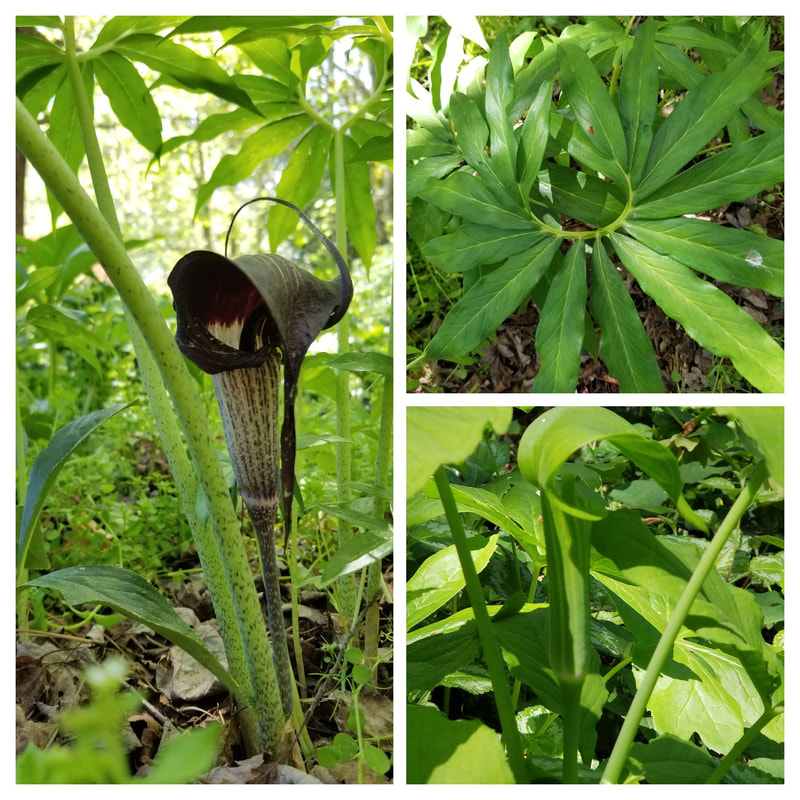
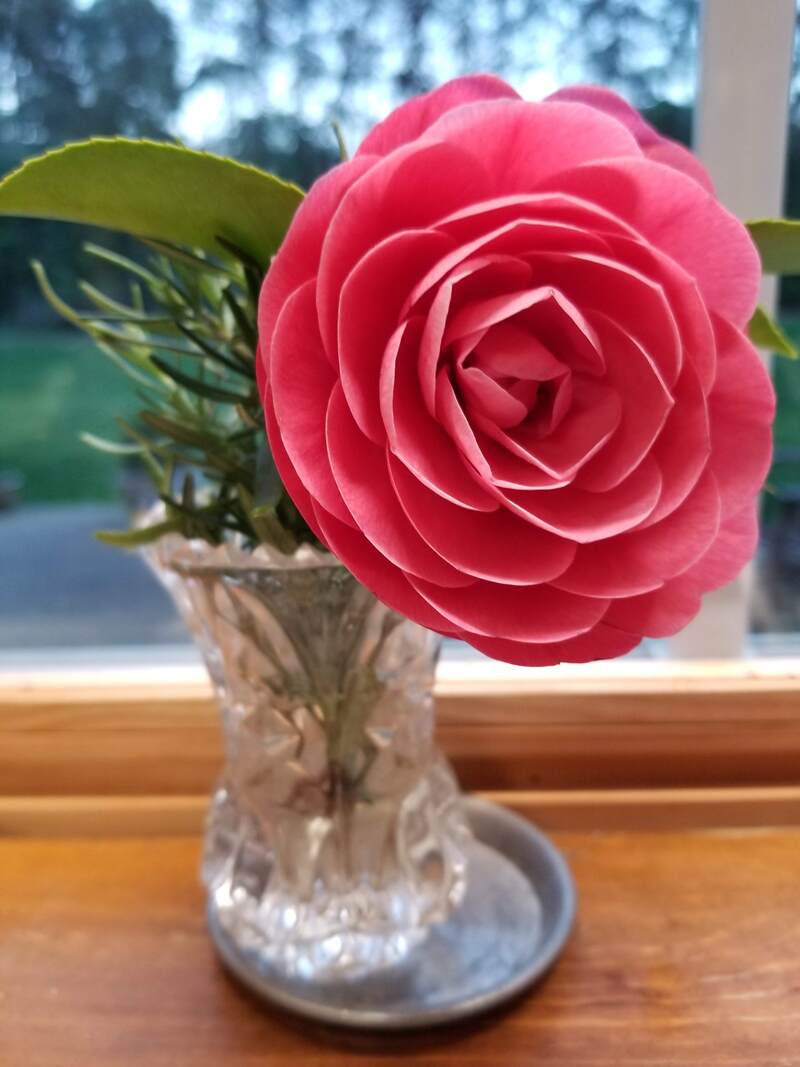

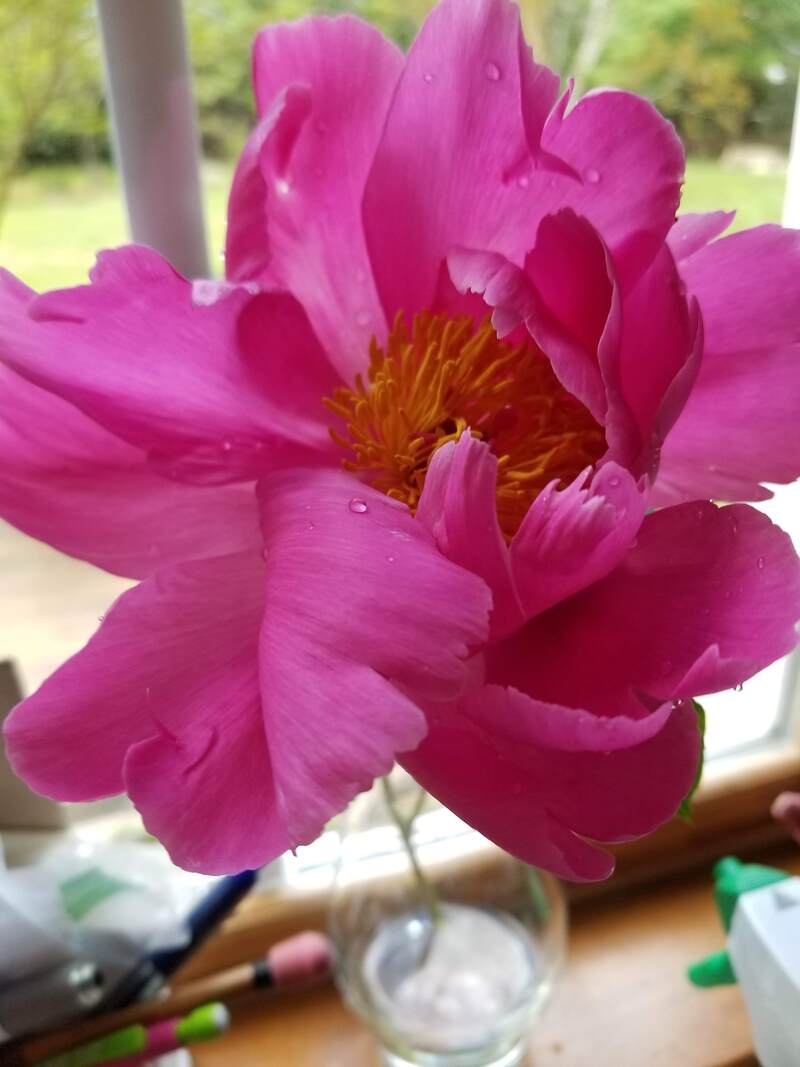

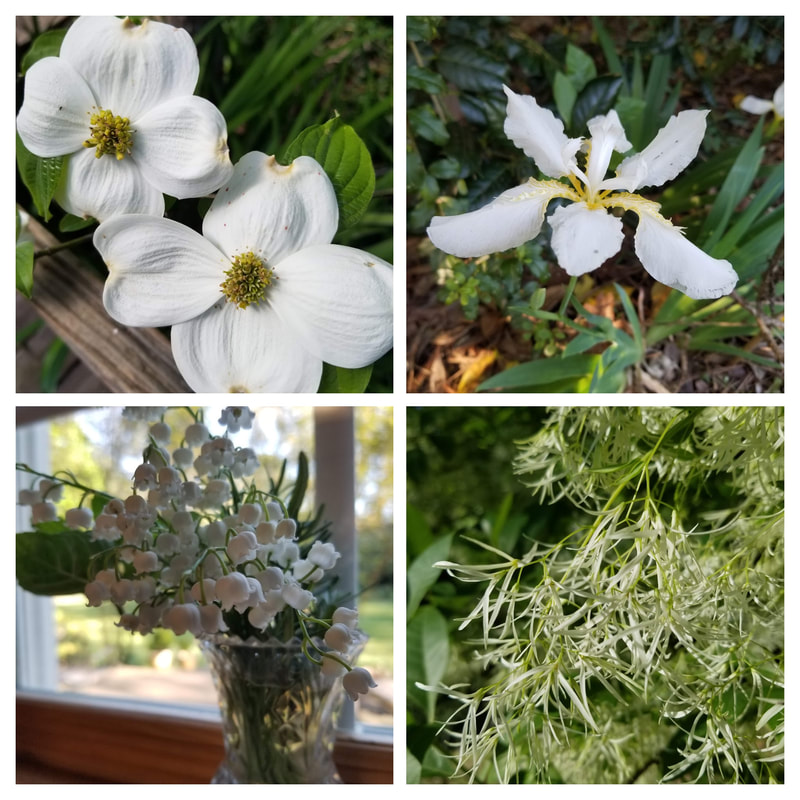
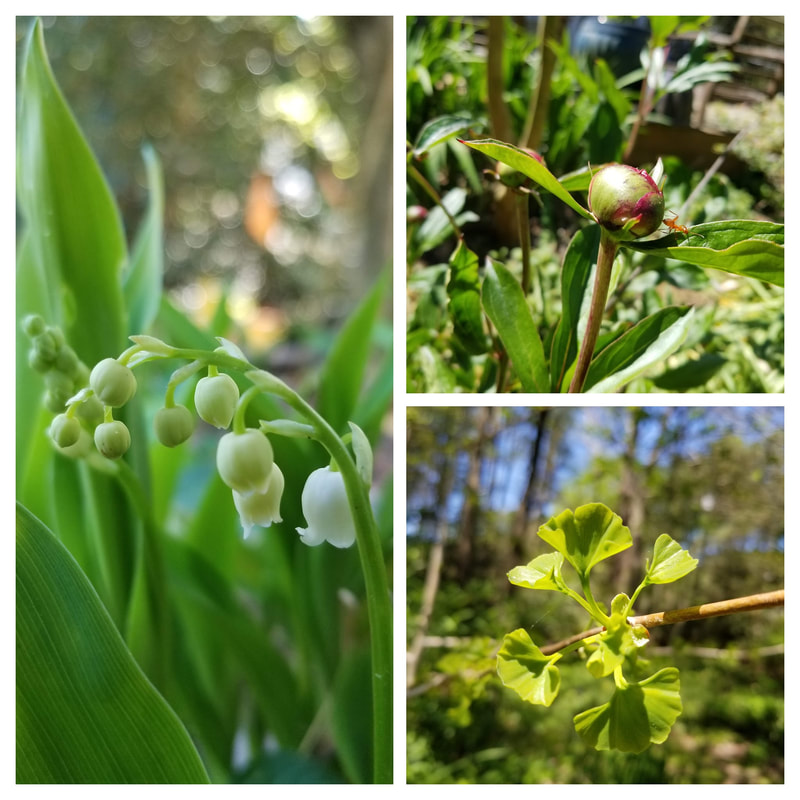
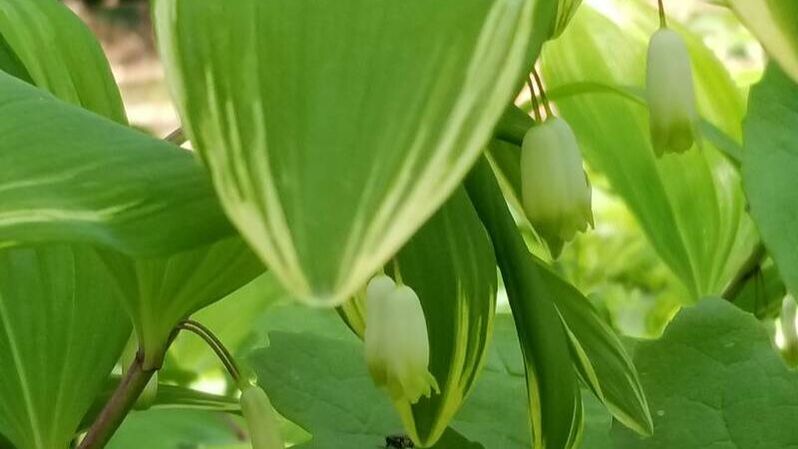
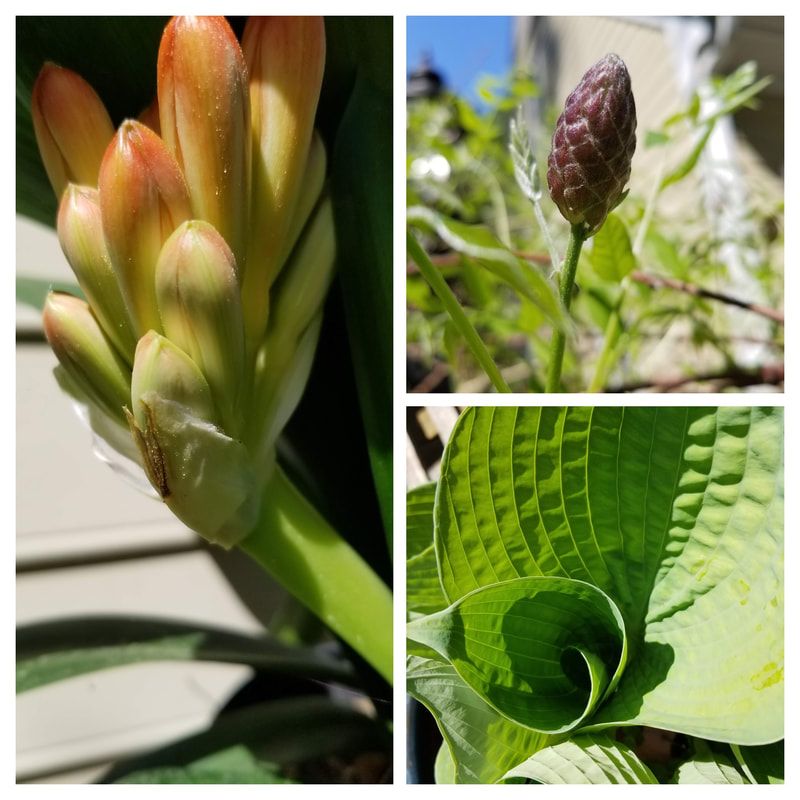
 RSS Feed
RSS Feed